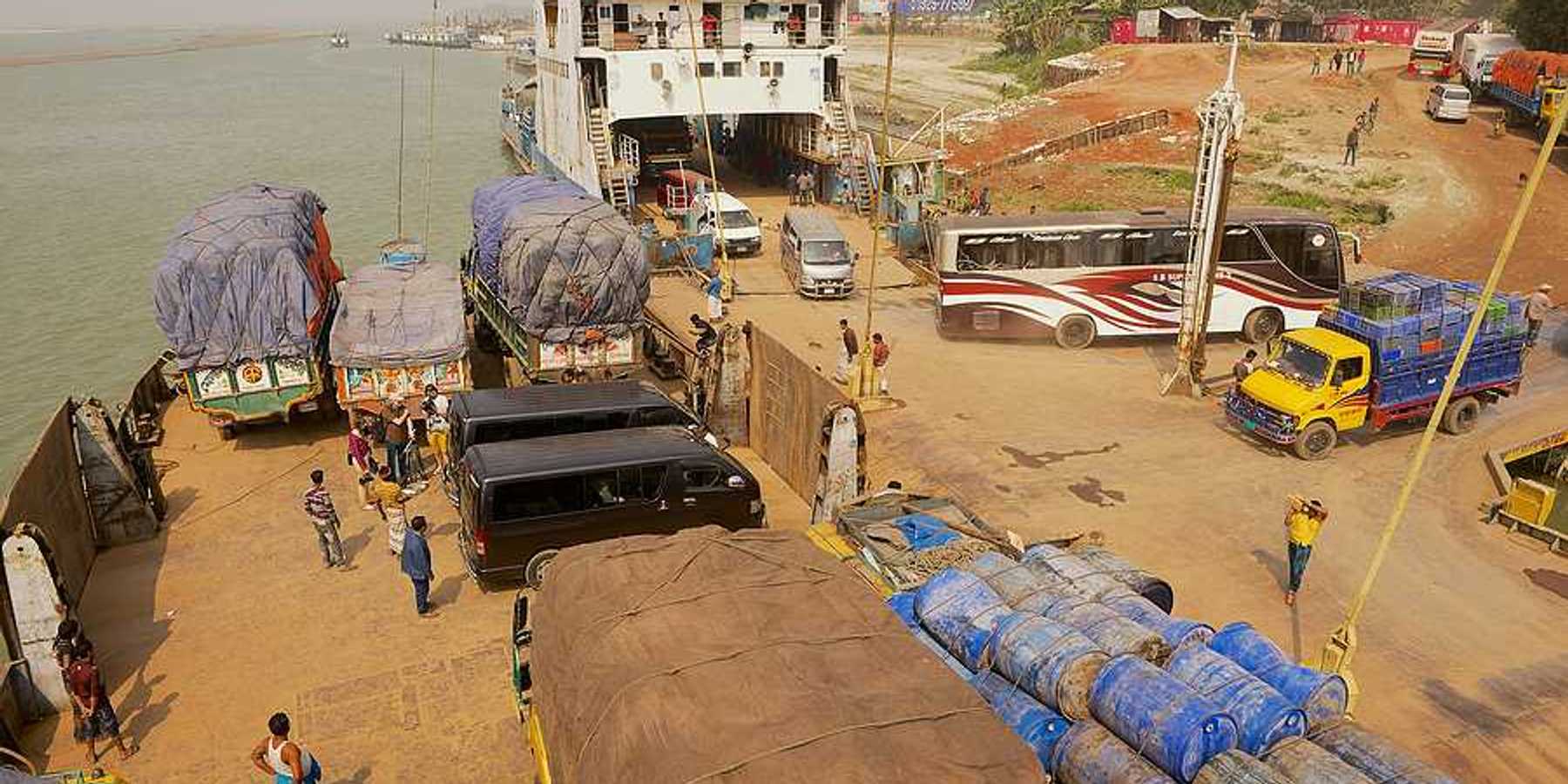water protectors
Public input sought on Dakota Access pipeline's environmental impacts
The Army Corps of Engineers is inviting public comments on the Dakota Access pipeline's environmental impact, years after its contentious approval.
In short:
- The Dakota Access pipeline has been operational since 2017, transporting up to 750,000 barrels of oil daily.
- A federal court mandated a comprehensive environmental impact statement due to potential significant environmental effects.
- The Standing Rock Sioux Tribe remains concerned about water contamination risks.
Key quote:
"Am I going to be the tribal chair that has to deal with a disaster? A pipeline that breaks?"
— Janet Alkire, Chair of the Standing Rock Sioux Tribe.
Why this matters:
The controversial DAPL pipeline, which threatens the Standing Rock tribe's drinking water, cultural practices and sovereignty, became a consequential chapter in the climate justice and Indigenous rights movements. This public comment period offers an opportunity to weigh in on a longstanding environmental justice concern regarding the fossil fuel industry's impacts on Indigenous communities.
For more: Max Aung wrote for EHN's Agents of Change program about the need to make health a priority in meeting our energy needs.
What do you think will be the long-term legacy of the Dakota Access pipeline resistance movement?
AI-based tools helped produce this text, with human oversight and editing.
Mich., Minn. water protectors show up in force at public comment for Line 5 tunnel project
Indigenous water protectors, environmentalists, Enbridge supporters and concerned citizens argued for and against the Canadian pipeline company’s proposed Line 5 replacement project.
‘The nation has stood up': Indigenous clans battle pipeline project
Enbridge uses scoring system to track Indigenous opposition
Pipeline protesters face corporate counterinsurgency in Minnesota
Minnesota sheriff blockades anti-pipeline camp
A Minnesota sheriff's office blocked access Monday morning to one of the protest encampments set up to resist the Enbridge Line 3 tar sands pipeline. The pipeline opponents, also known as water protectors, plan to take legal action.









